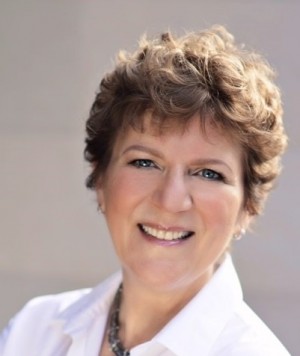Dear Friends,  I am struck by the multi-layered foci of our Jewish story telling….
In our weekly Torah portion, Bo, we read (no less than three times) about the importance of telling and re-telling the story of the Exodus to our children, year after year, generation after generation. We fulfill this obligation primarily through the observance of the Passover seder and the reading of the Haggadah.
Interestingly, in the Torah, the Biblical source relating the story of our people’s redemption from slavery, Moses is featured as one of the main characters of the story. By way of contrast, in the Haggadah, the Exodus story is told with a huge emphasis on God’s redemptive power. In addition to telling the story of our people, God’s universal message resonates resoundingly throughout the pages of the Haggadah: Human beings should not enslave one another! In the Haggadah, God is clearly the main character of the story. Moses is not mentioned at all.
Compare this with the telling and re-telling of the Purim story…Year after year, on Purim, we read the Scroll of Esther. The story in brief: Our people were in danger in the Persian empire, but we managed to survive. There is absolutely no mention of God in the Scroll of Esther even though this Scroll is our Biblical source for the Purim story. The focus in the Purim story is not God. The focus in the Scroll of Esther is entirely on our people, on the perils we faced as a minority within society as a whole, and on the courage of individuals who stepped up to the plate to enable us to survive.
In our telling and re-telling of our various Jewish stories, we see that God is sometimes the central focus of our story telling. But, at other times, and even in the Bible itself, God’s role may be totally eclipsed by the human characters who take front and center stage in our narratives.
As we listen to one another, let us be grateful for the multi-layered foci of our Jewish stories. Let us remember the importance of telling our stories. Let us also remember that there is more than one way to engage with our stories – to tell them, and to re-tell them. And, let us appreciate that each perspective can potentially add depth, understanding, and power to the multi-layered messages that are woven into our Jewish stories.
So, what’s your story…?
Shabbat Shalom!
Rabbi Gilah Dror
|